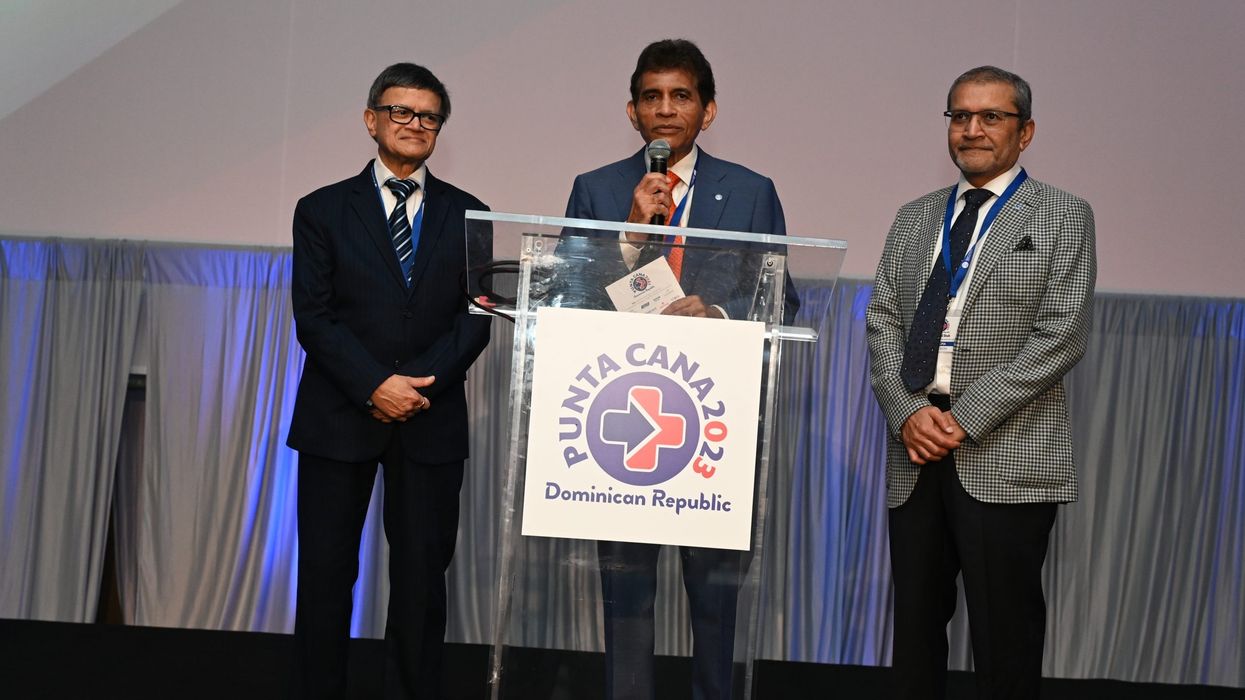BRITAIN’S pharmacy sector is in crisis and at risk of a significant collapse, according to Janet Morrison, chief of the team that negotiates pharmacy’s national contract with the government.
Pharmacy, which relies heavily on income from prescriptions, cannot afford to “carry on with the current format of a contract and the current amount of money”, she said.
Morrison’s comments came last week at the inauguration of the 13th Sigma Community Pharmacy Conference in Punta Cana, Dominican Republic.
Speaking via a video link, Morrison predicted “a lot of consolidation or sales” would continue, while several smaller, independently-owned community pharmacies – which had to work harder and harder to make ends meet – were just “hanging on in there”.
Addressing delegates, she noted the challenges faced by pharmacy in view of increasing demands on the NHS budget.
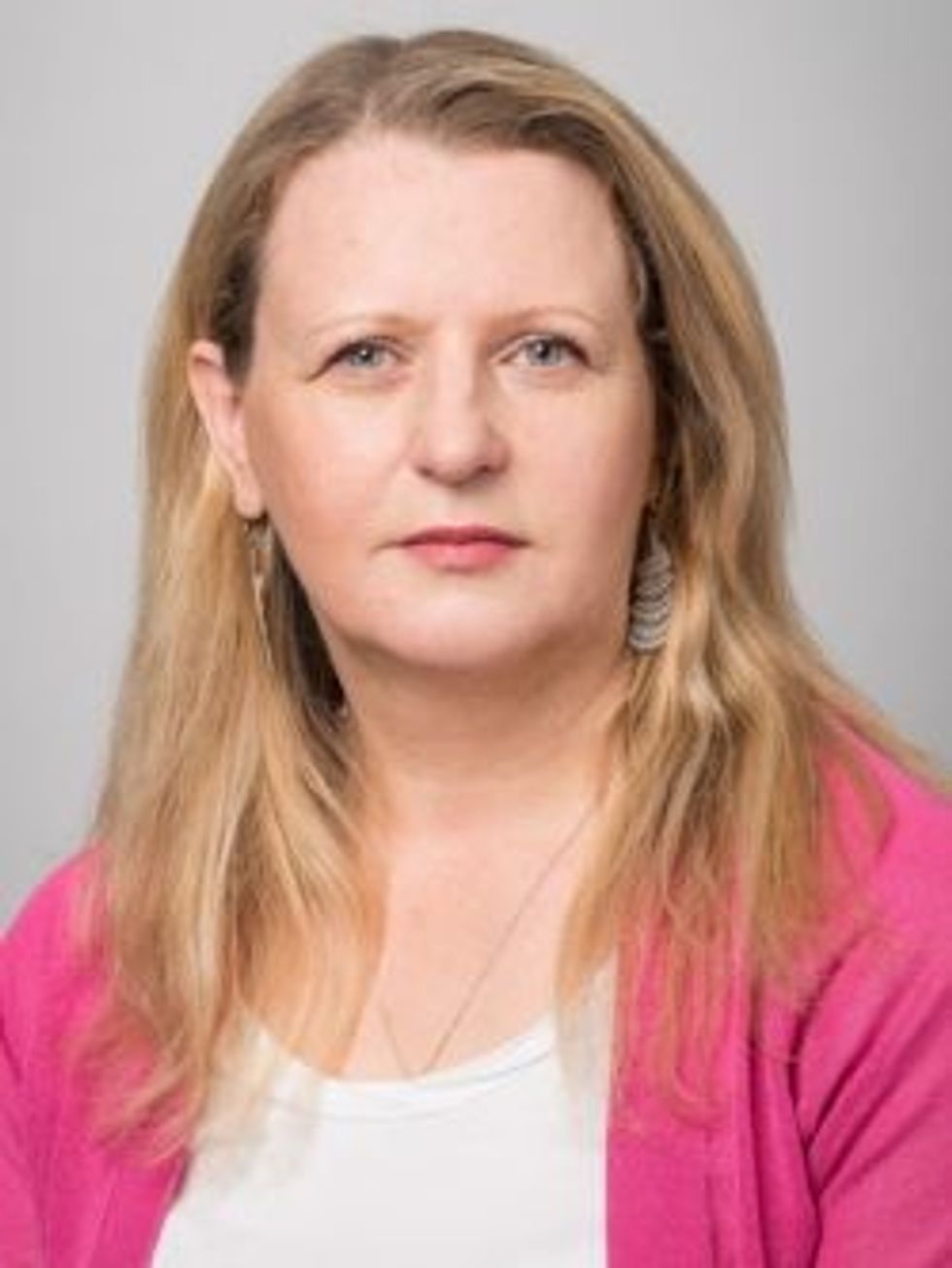
“I don’t know how much longer people can go on,” Morrison said, adding that the risk of closure added pressure on the remaining pharmacies to the extent that “they may not be able to pick up the slack of many thousands of patients” needing repeat prescriptions.
“The disruption is frightful and awful. We have got 53 per cent of the population on repeat prescriptions, so that matters,” Morrison said.
The Sigma conference (March 4-9) was attended by 250 delegates, among them community pharmacy owners and stakeholders.
In a blunt admission, Morrison said any urgent funding uplift on the basis of the current five-year national contract was unlikely to materialise and the only way pharmacy could get more money – if at all – would have to come from other NHS pots.
However, she cautioned that the instruction for the health service as well as the incoming Integrated Care Boards – a statutory NHS organisation responsible to develop a plan for the health needs of the local population – was to work towards “reform and greater efficiency”. This meant there is no extra money to be had, she noted.
Another speaker, Dr Leyla Hannbeck, CEO of the Association of Independent Multiple Pharmacies, criticised apparent government “apathy” towards community pharmacy and described it as a “national disgrace”.
She argued there was a culture of “imposing” things on pharmacy rather than “consulting” with the sector.
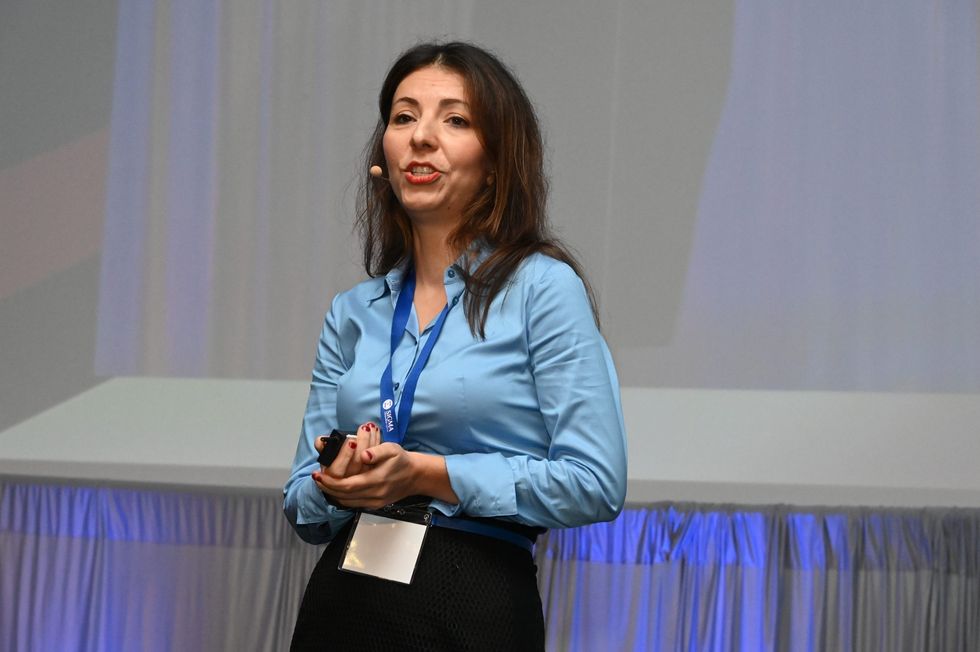
Hannbeck noted the NHS was set to get a funding boost of £6 billion from the Treasury, while nothing was earmarked for community pharmacy.
“We should move away from accepting there is no money in the pot. There is money in the pot. But where this money is going is another question. Is this money being spent where the taxpayer gets most benefit?” she asked.
Andrew Lane, the chair of the National Pharmacy Association, told the conference “Pharmacies in England are being choked” by the national contract which he described as being “unfit for purpose after years of underfunding”.
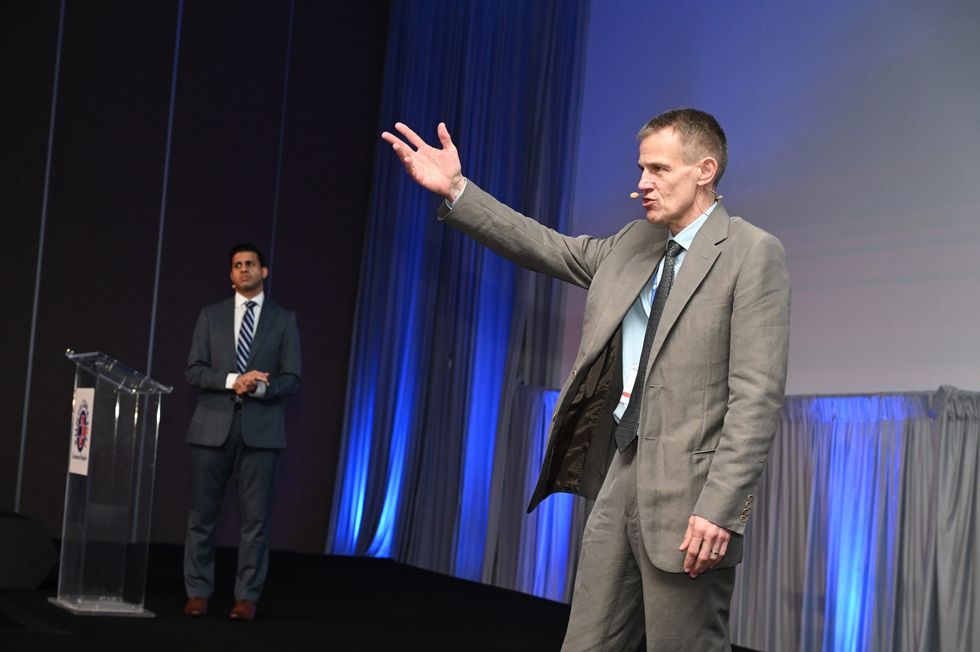
Instead of contractors being the “master of their own destiny”, the contractual framework put them at the “mercy of circumstances” beyond their control, Lane argued. This could be due to wholesale price rises or the reluctance of some family doctors to refer NHS services to pharmacies for minor ailments, he said.
“A fundamental rethink is needed if the sector is to recover, thrive and deliver for patients,” Lane said, as he rejected the idea that pharmacies would be viable by taking on new services without additional funding.
Morrison said the “most likely thing we will get funded for is Pharmacy First” which provides professional healthcare advice, treatments, and medicines for common illnesses in local pharmacies.
“Pharmacy First is the flavour of the month”, she said, of the scheme which has proven successful in Scotland and Wales, by both patients and pharmacists.
She added that the initiative, part of the primary care recovery plan, was the most realistic and viable solution and is the “closest we can get to core funding”.
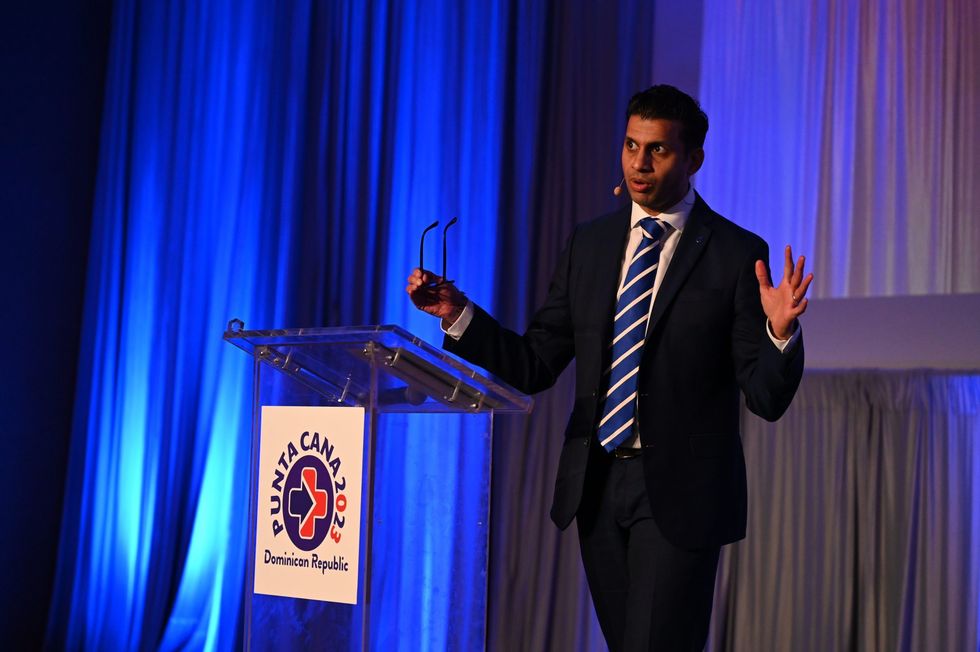
Morrison revealed her belief in a quiet, behind the scenes diplomacy to make the case for pharmacy when working with government ministers, who operate on a ‘you are with us or against us’ basis.
“We have to make the case as a professional, competent, analytical, smart sector that has solutions, not just problems and that we can align to make things work better,” she said.
She reminded delegates of the negotiation challenges, saying, “We are fighting against parameters that have already been set.”
Morrison said the Department of Health and Social Care have instructions from the Treasury to balance the books and work within the final five-year funding envelope.
To a question on whether the sector should consider taking industrial action, Morrison said it was up to individual contractors and their unions to decide what is right for them. However, she cautioned that such action could be seen as confrontational and, in her view, should therefore be used only as a last resort.
With Labour leading opinion polls ahead of the next general election, due in 2024, Morriosn said her team at the Pharmaceutical Services Negotiating Committee was trying to build relationships and alliances with Labour. She said talks were on with shadow health secretary Wes Streeting’s team, policy teams and Labour-leaning thinktanks.
“The economic situation we are in is very pressing, but it will not be any better or different” with a change in political dispensation in Westminster,” she said.
Chair of the Health and Social Care Select Committee, Steve Brine, said despite many challenges, community pharmacy had “a very bright future”, but noted it needed proper funding.
Brine - who was pharmacy minister between June 2017 and March 2019 - said the health select committee would launch a pharmacy inquiry towards the end of 2023.
Community pharmacy will play a “crucial” part to boost prevention as one of the government’s top priorities, he said, noting the goals of the NHS Long Term Plan, in tackling obesity, alcohol issues, smoking cessation and mental health.
Pharmacy teams should be able to step up action for early detection of ill health, through interventions and tap advances in technology such as wearable tech and point of care testing, he noted. The select committee was already looking into as part of its ongoing inquiry into the digital transformation of the NHS, Brine said.
He told the conference his committee received 600 proposals in just three weeks, Brine said, noting many submissions called for more recognition of the importance of community pharmacy to the NHS.
Addressing delegates via a video message, Brine praised “so many inspiring, innovative examples” community pharmacy had showcased “to change the health and social care landscape” of the country.
“Although there are undoubted challenges ahead, many of them related to workforce, I feel confident that community pharmacy, if funded properly by the government, has a very bright future indeed,” he said.
